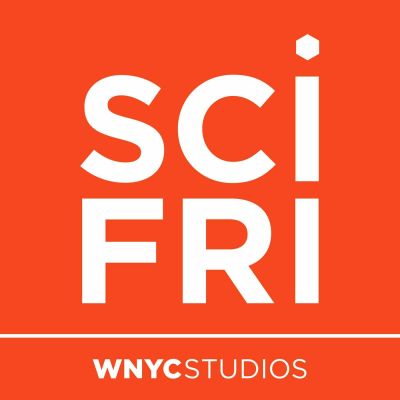Biodiversity Report And The Science Of Parenting. May 10, 2019, Part 2
According to a new UN report on global biodiversity, as many as one million species—both plants and animals—are now at risk of extinction, according to a new UN report on global biodiversity. That number includes 40% of all amphibian species, 33% of corals, and around 10% of insects.
One might assume that this type of devastating species loss could only come as a result of one thing—climate change. But in fact, as the report highlights illustrate, it’s deforestation, changes in land and sea use, hunting, poaching, pollution, invasive species—in short, human interventions—that are causing species to disappear at a rate tens to hundreds of times higher than what has been seen over the last 10 million years. Walter Jetz, professor in ecology and evolutionary biology at Yale University, joins Ira to discuss whythe damage we do to biodiversity in our lifetimes may never be undone.
Plus, if you're a new parent, you’ve probably had one of these nights. You’re up at 3 a.m., baby screaming, searching the internet for an answer to a question you’ve never thought to ask before: Are pacifiers bad for your baby? What about that weird breathing? Is that normal? Or is it time to head to the emergency room?
Emily Oster is a health economist and mother of two who had a lot of those same questions as she raised her kids. She dove into the data to find out what the science actually says about sleep training, breastfeeding, introducing solid foods, and lots more in her new book, Cribsheet: A Data-Driven Guide to Better, More Relaxed Parenting, from Birth to Preschool.
Ira chats with Oster and Nikita Sood of Cohen Children’s Medical Center, who monitors the underground market for breastmilk and explains why parents should be cautious.
